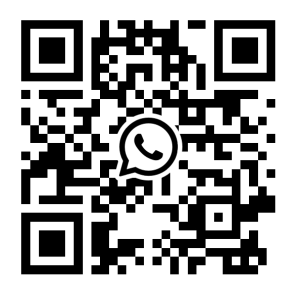The Ultimate Guide To Agile Working & Why Agility Really Matters
03. Agile Culture – Change,
Transformation & Mindsets
Agile Culture
Working in an agile team or organization requires a certain way of working and behaving to be adopted consistently amongst employees. A catch-all label for this is ‘agile culture’. An agile culture has the required values, behaviours and habits that allow agile processes, ways of working and communicating to thrive in an infinitely sustainable way.
Where agile cultural best-practices and mindsets would be seen as a change for an organization or team, the requirement would become more of an agile transformation project. Agile transformations often require coaching and ongoing support to ensure the news systems, processes and ways of working and communicating are fully adopted.
Agile is cultural because working in an agile way means changing how you work and think about work. This change means learning some new habits and unlearning others, which can be hard for some people. This is why support and commitment to change is needed both for agile working, KPIs and OKRs.
The people in teams are the experts in how they work and why. Agile cultures tap into this expertise and experience, uncovering where issues and optimizations can be found.
This means that agile teams are in close collaboration, and as you would expect, this means there may be disagreements that need to be resolved with solutions that everyone will live with. This is why agile cultures are closely linked with the ideas supported by psychological safety. The key areas of which are:
- The ability to openly share ideas and opinions without fear
- If mistakes are made they will be seen as learning experience
- Differences between people are accepted and diversity is seen as a strength
- Disagreements are natural, expected and part of a safe and healthy team dynamic
- Plan and problems are shared in and across teams and information is not hidden
Agile Transformation
McKinsey described the 5 characteristic of an agile organization as:
- North Star embodies across the organisation – Agile organizations create a shared purpose and vision, this is often called the “North Star”. The aim is for people to feel personally and emotionally invested. This means that organizations may need to reimagine who they create value for, and how that value is created, for a wide range of stakeholders – the customer, employees, investors, partners, and communities.
- Network of empowered teams – Agile organizations have networks of empowered, highly aligned teams where accountability, transparency and collaboration are the norm. It’s common for teams to be clustered into “goal”, “project teams” or “tribes,” with OKRs being what provides the direction, accountability and visibility.
- Rapid decision and learning cycles – Rather than traditional annual planning, budgeting, and review, organizations are moving to quarterly cycles, and goal management frameworks like Objectives and Key Results (OKRs). These goals are achieved via continual rapid iteration of thinking, doing, and learning, moving away from “waterfall” and other project-management approaches.
- Dynamic people model that ignites passion – An agile organizational culture is people first and engages and empowers everyone to achieve. Everyone is empowered to create value quickly, collaboratively, and effectively. Leadership develops its people, and creates a strong community which supports and grows the agile culture and mindset. The same leadership, rather than being planners, directors, and controllers, become visionaries, architects, and coaches that empower the people with the most relevant competencies so they can lead, collaborate, and deliver exceptional results. McKinsey calls this “shared and servant leadership”.
- Next-generation enabling technology – Agile transformation will often require a rethinking of the technologies underlying and enabling their products and processes, as well as the technology needed to support speed and flexibility. ZOKRI has been designed to support and deliver an agile transformation.
- United Kingdom
Ashtead
KT21 1RZ
+44 20 7046 1328

- United States
New York
NY 10013
+1 646-718-4720
- ZOKRI helps leaders and teams achieve strategic goals using the OKR (Objectives & Key Results) framework. Our platform aligns strategy, goals, and people, fostering engagement and growth through comprehensive training and management systems.
© ZOKRI 2025 All rights reserved | Privacy Policy | Terms & Conditions | GDPR
Contacts Us
Tell us what you need. We'd be delighted to help.
"*" indicates required fields